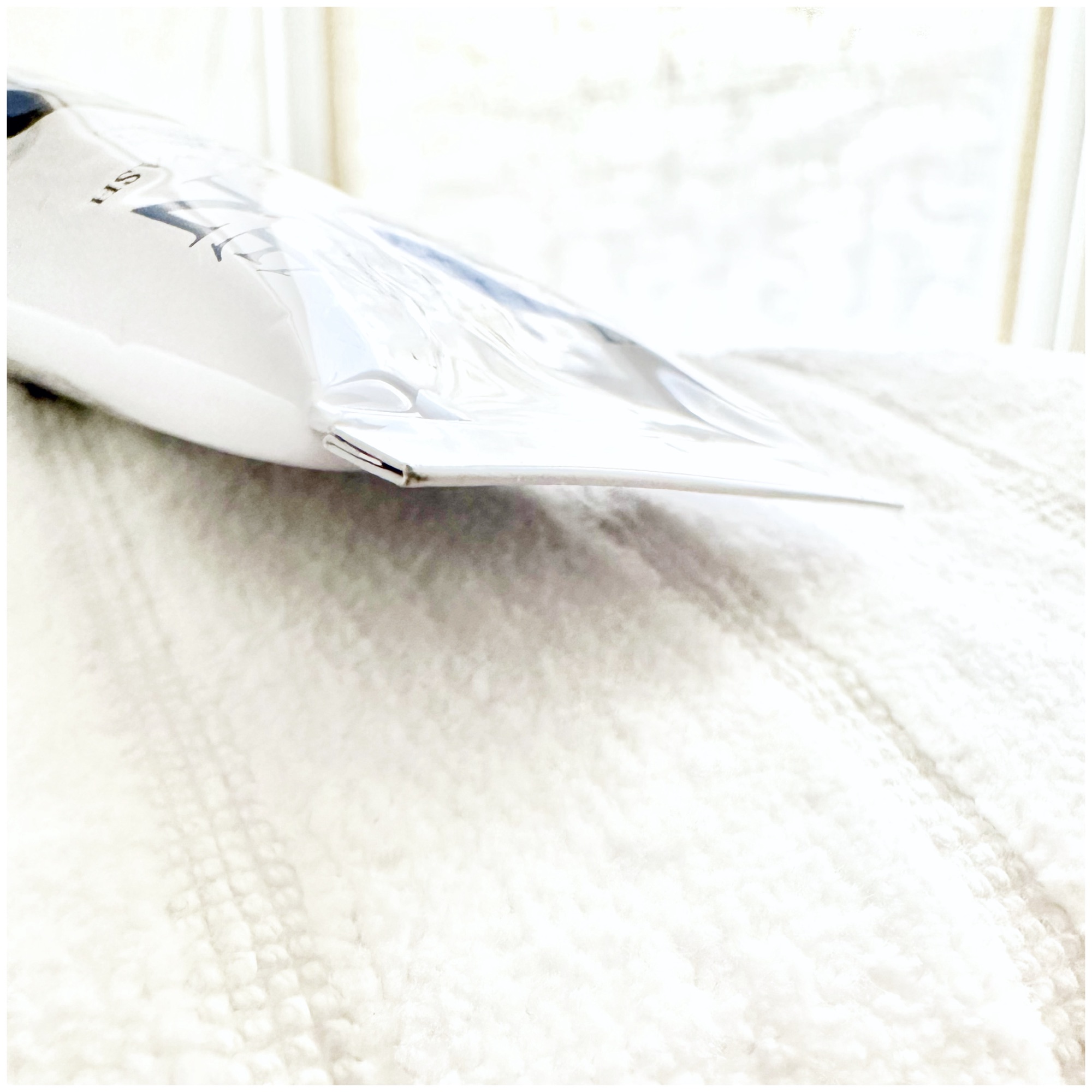You’re so good about eating well (your friends say you should start charging for tips), exercising daily (people call out your name when you walk into the gym), sleeping more, controlling stress, and being happier (your new nickname is sensei). For your skin, you’ve done your research (you’re on a first-name basis with beauty bloggers), you’ve become a formidable “skintellectual” and have your alpha hydroxies and antioxidants down (your dermatologist asked for your opinion about a new sunscreen). And you’ve finally, carefully chosen a skincare partner. This is the moment of truth: you’ve hit the end of what you can control. Your skin is now largely in the hands of the products you’ve selected to deliver on their promises and (please!) not cause damage you’ll have to correct later. Your power over your skincare product ends as soon as you put it on. Will it do what it says it does? Is it as safe as it says it is?
Skincare As Dating
We use the word “partner” for a reason. When dating, you work on you, scope out the options, identify a possibility, do some background checking, gauge his or her friends and then…you wait and see. Sometimes that trust is well placed and leads to a rewarding relationship. Other times, you’re let down. You might get hurt. You need time to recover. You’re left with scars.
Luckily, skincare needn’t entail as big a leap of faith as love. There are well-established standards of proof that are far more reliable than, “but he seemed so nice!”
Beauty is “Proof,” Proof Beauty
Slightly tweaked, Keats’ famous lines are an ode to that gold standard of scientific validity: the randomized, double-blind, evidence-based clinical study — which we at VMV Hypoallergenics have always done. Our investigative studies are scientifically robust and impressively so. One published study is eyebrow-raising; we have over 75. In the hyperbolic world of cosmetics, true beauty lies in evidence. Putting your faith in the double-blind study is far better than flying blind.
Research Terms To Swipe Right On
“Clinically tested” can mean lots of things. Some tests are more subjective, mainly consisting of people sharing their thoughts about a product (“99 out of 100 women say they saw an 80% reduction in wrinkles”). There is nothing wrong with this type of test, but it does rely primarily on the test subjects’ own opinions of what they see in the mirror, how they feel, and even how much they like the brand and the type of product they were given. Other tests use qualitative data like before-and-after photos. While helpful, these photographs are generally considered to be less conclusive than quantitative data such as objective measurements of certain biological aspects of the skin using specialized equipment. Rare in cosmetics, double-blind (meaning the subjects never know what they’re using). “Evidence-based” means randomized, double-blind trials with quantitative data — which is standard in prescription pharmaceuticals, and at VMV.
A Well-Rounded Partner
“Evidence-based” is in our safety as much as our efficacy. A study on our VH-Rating System, the only hypoallergenic “grading” system of its kind, was published in one of the leading journals on contact dermatitis and is proven to be effective at increasing customer safety, showing less than 0.1% reported reactions in 30 years. A new patch test study with multiple VMV products on hundreds of subjects showed zero irritant and allergic reactions, even in conditions allowing for greater contact of products on the skin and expected to produce reactions earlier and faster than normal. Another study on the non-comedogenicity of virgin coconut oil was presented at the American Contact Dermatitis Society (ACDS) meeting.
Our research includes investigative and case studies, too, and not just for cosmetics. Our research covers issues as diverse as nutrition and acne, psoriasis, pemphigus vulgaris, and mycosis fungoides (a type of cancer of the immune system). Such research is not cosmetic, but adds to our understanding of the skin, diseases, treatments, and treatment mechanisms. This knowledge contributes directly to how we develop all our products — from cosmeceuticals to basic care and even makeup.
One published study is a major achievement, unusual for cosmetics. We have over 75. We might be a skin health and beauty brand, but proof is our business.
100% Skin Love
These medical measures are objective, well-proven, consistent and replicable. They reduce the risk of disappointment and adverse effects significantly.
It’s a pretty awesome thing, actually: unlike some dates, skincare that looks this good — this scientifically, objectively robust — “on paper” can be relied on. It will keep its promises. It will deliver. It’ll help you feel good, too. It’ll boost your confidence. It’ll never judge you, just help you. It’ll never ask you for anything in return. It’ll love you for life. It’ll love your friends and family. It’ll protect you. It’ll be loyal, and it’ll get more rewarding the longer you stay with it.
The skin is the body’s largest organ. It can show signs of internal problems before even a blood test, MRI or x-ray. Our skin is fundamental to how we live in the world. It controls our temperature, it expands and contracts as we need it to, it protects us. It is vital to how we sense fear and love. So much of intimacy and sexual attraction is about skin and touch. Skin-to-skin contact is important not just for sensuality but for us as humans — studies have shown that babies suffer developmentally and physically by not being held enough; doctors advocate skin-on-skin contact between mothers and newborns for improved bonding, physical and emotional development and healing (even improved survival rates from body warmth). And our skin’s health is how we present ourselves to the world. Clear, healthy, vibrant skin is a great ingredient to that happy stew of goodness that helps you feel good about yourself.
Your relationship with your skin is not something to be taken lightly. At the very least, skincare should be expected to keep the promise built right into its name: care.
More Resources:
For more on testing at VMV, see About VMV: Our Testing, About VMV: Clinical Studies, Published Articles, References or search skintelligencenter.com.
To shop our clinically-proven safe and effective products, visit vmvhypoallergenics.com. For help putting together regimen to help you achieve your skin goals, or for recommendations customized to your patch test results, ask us at (212) 217 2762.








